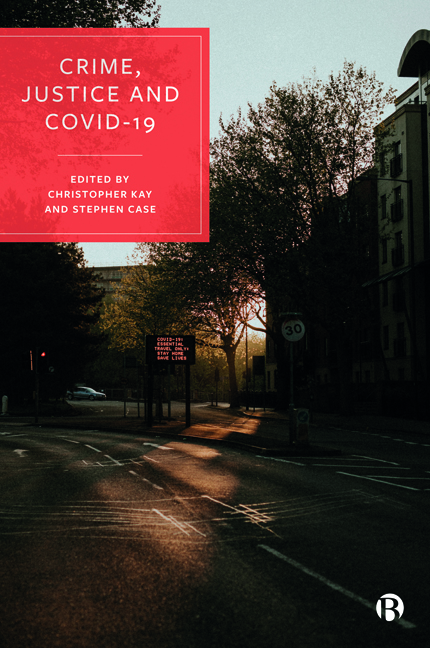11 - The Box Project at HMP Parc
Published online by Cambridge University Press: 20 January 2024
Summary
Introduction
Art has always been one of the most popular subjects taught in prison, with many finding a sense of meaning and achievement previously not thought possible. I believe art has this ability because it is from the heart and bypasses many of the obstacles that traditional schooling can inculcate. However, education departments, especially when facing cuts, often marginalize the arts in favour of more mainstream subjects, thinking them to be less useful in the job market and more expensive to deliver. As those who have taught art know, this is short-sighted as many prisoners find paths to inner fulfilment and expression that not only offer much-needed therapy but also bring about life-changing self-perceptions.
Nowhere has this been more clearly illustrated than in the Box Project at HMP Parc, which began as a result of COVID-19 in March 2020 with all our prisoners in lockdown. For those enrolled in the art classes, individual packs of brushes, watercolours, pencils, erasers, sketchbooks, sharpeners and ‘ideas books’ were assembled to distribute to the students so they could carry on their work, albeit in isolation. An insignificant problem to be overcome was to find a container of sorts to put this equipment in. There was nothing that we already had that was suitable, everything being either too large or too flimsy. Eventually it was decided that we would have to buy something in. This was already becoming an expensive project, but the prison, very wisely, decided to buy 100 robust white cardboard boxes to deliver the kits in (see Figure 11.1).
Little did we know at the time how important this decision was to become. The boxes were wonderfully pristine and, like a brand-new exercise book in the hands of a child, were an open invitation to paint, decorate or write on. The Box Project was born and the results that came back were better than anyone expected.
Due to the prolonged isolation, the efficacy of the project soon became clear, with requests coming in from those not involved in the art classes to also be included. As a result, another 100 sets in another 100 boxes were bought and subsequently delivered.
- Type
- Chapter
- Information
- Crime, Justice and COVID-19 , pp. 219 - 241Publisher: Bristol University PressPrint publication year: 2023



